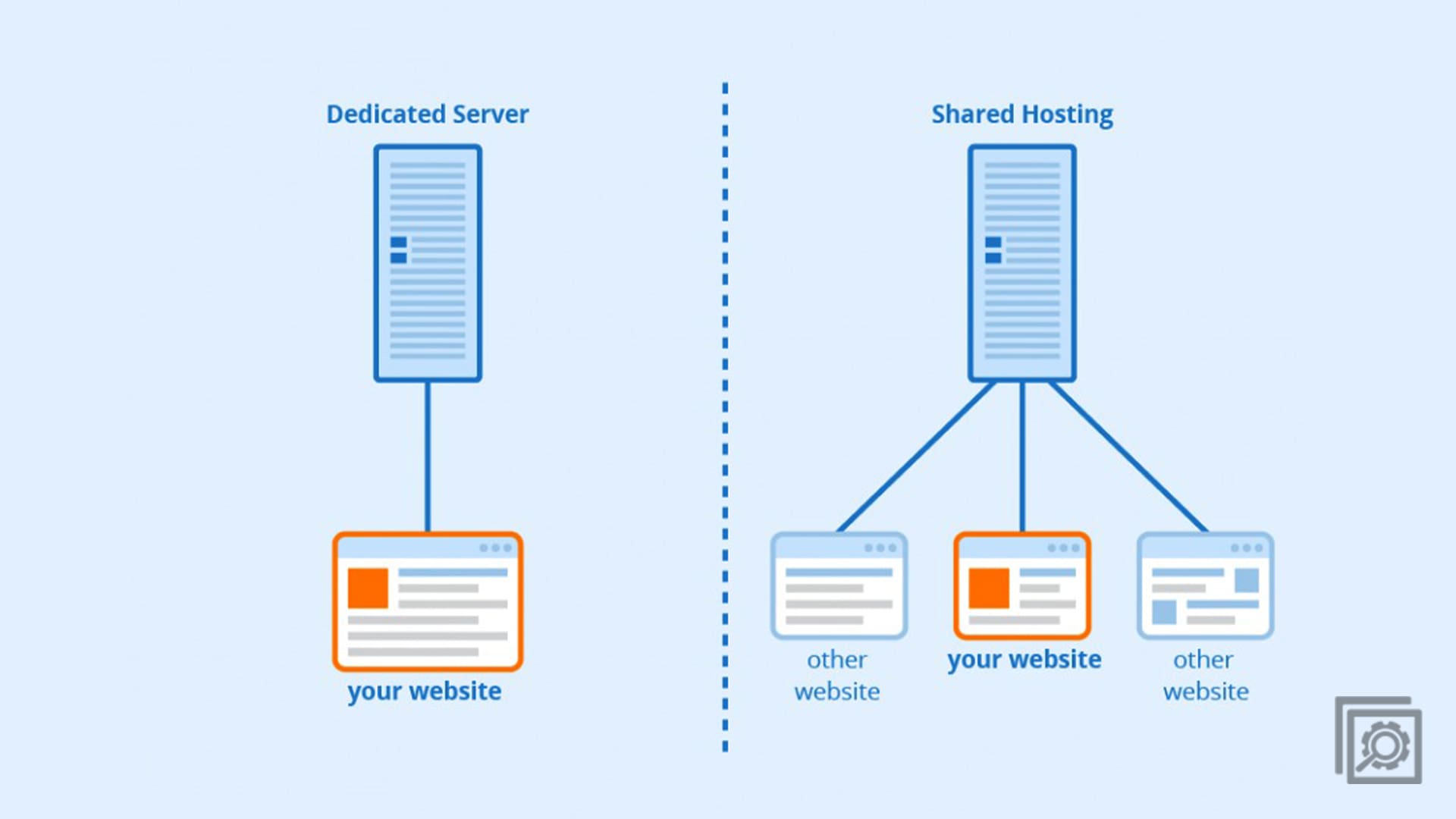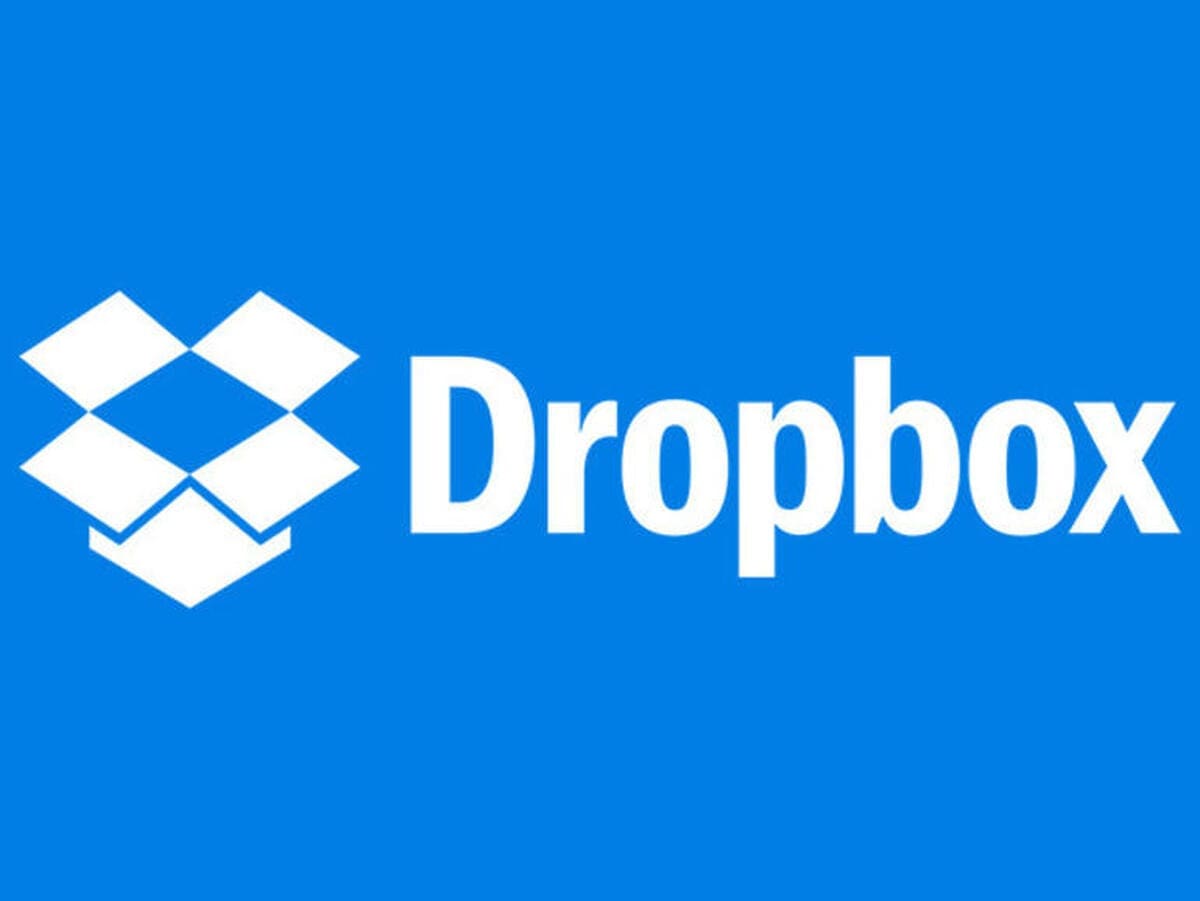Are you looking for a viable option for website hosting? Learn the difference between a dedicated server vs. shared hosting server.
When owning a website, you need to consider many things. One of which is selecting the right hosting option. There are various hosting types, and getting confused with the options is perfectly normal.
In this guide, I’ll tell you about two common hosting variants: dedicated server and shared hosting server. Continue reading to know their features and the difference between dedicated servers vs. shared hosting servers.
Contents
What Is a Dedicated Server?
A dedicated server is a physical server that hosts a single client’s applications, websites, or services. It provides exclusive access to that server’s resources, such as storage, memory, and bandwidth.
In addition, businesses that need robust and reliable hosting solutions usually use dedicated servers. As the resources are not shared with anyone else, these servers eliminate the risk of performance issues and ensure reliability about service uptime. Moreover, dedicated servers provide improved security by letting the users have complete control over access permissions and security measures.

Features of Dedicated Server
- Dedicated servers offer sole access to all resources like CPU, RAM, and bandwidth.
- These servers usually have high-performance hardware and smooth network connectivity for quick data processing.
- Users get complete control over the security of dedicated servers. They can install security software and add firewalls.
- Dedicated servers are scalable and capable of hosting high-traffic websites or hosting multiple websites or domains.
- Users can configure and modify the server settings according to their organizational needs for better website performance.
- Since your data is completely isolated from other users, therefore, unauthorized access is less likely.
A shared hosting server is a hosting environment that hosts multiple websites on a single server. Naturally, the resources of this server are shared among various users. Small businesses or individuals with limited budgets often host their websites on a shared hosting server.
On the other hand, despite its limitations, this hosting offers simplicity, affordability, and comfort for users with basic hosting requirements. It is suitable for websites with moderate traffic and resource needs that don’t require dedicated resources or extensive customization.

- A shared hosting server usually has a user-friendly design so users can easily manage the websites.
- Users do not have to perform administrative tasks as the hosting provider takes care of the maintenance tasks.
- All the users share resources like disk space, bandwidth, and CPU. However, these are sufficient for websites with average traffic.
- As multiple users use the same infrastructure, it is a cost-effective solution for individuals and small companies.
- Shared hosting service providers perform regular backups of the websites and employ different security measures to protect the data.
- On shared servers, users get access to pre-installed software and scripts that help them effortlessly build a website
| Features | Dedicated Server | Shared Hosting Server |
|---|---|---|
| Resource Allocation | Complete server resources are dedicated to one user | Server resources are shared among multiple users |
| Performance Level | High performance and reliability due to dedicated server | Performance guaranteed up to a certain extent |
| Customization | Users can fully customize the server configurations | Users get limited customization options |
| Security | Enhanced security measures are applied | Vulnerable despite security measures due to sharing environment |
| Scalability | Highly scalable according to the user requirement | Limited scalability options |
| Traffic Management | Can handle a high volume of web traffic | Can handle limited traffic because of shared resources |
| Cost | More expensive compared to shared hosting | Cost-effective solution for a limited budget |
| Server Management | Requires technical expertise for server management | Managed by the hosting service provider |
| Software Installation | Users control which software to be installed | users do not have much control over software installation |
| Server Maintenance | Users are responsible | The hosting provider is responsible |
| IP Address | Offers a dedicated IP address to its user | Offers a shared IP address to all users |
| Website Performance | Can optimize for specific website needs | Website performance can be affected by other sites |
| Server Control | Users have complete administrative control | Service providers have maximum control over server settings |
| Isolation | Data stored in an isolated environment | Data stored in a shared environment with other websites |
Conclusion
Here, I’ve discussed the difference between a dedicated server vs. a shared hosting server, along with the key features of both types of website hosting. By following this guide, you should be able to choose the right solution for your website.
Which one do you like the most? Tell us in the comment. You can also share this article on social media to help your friends with valuable understanding.




